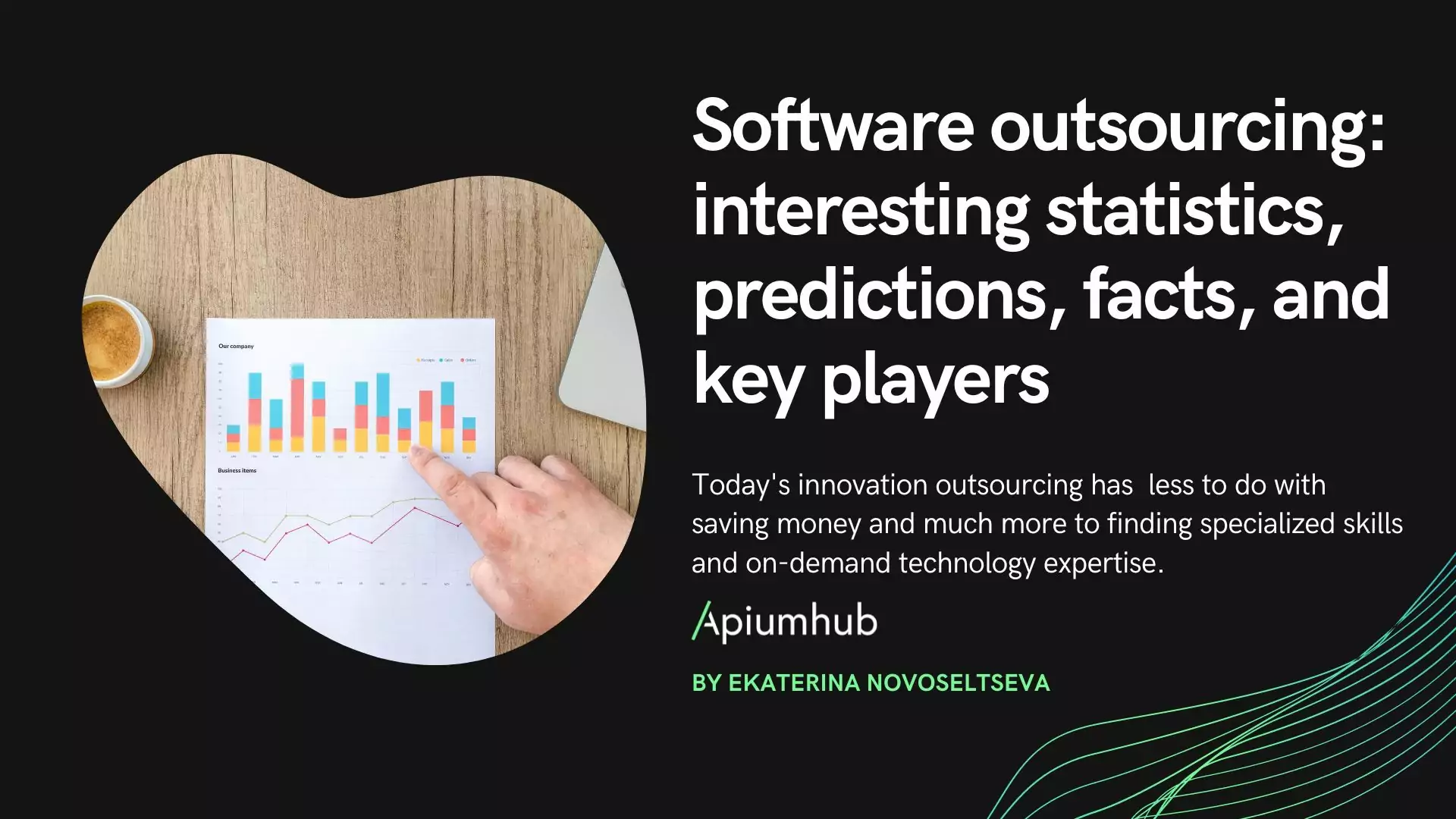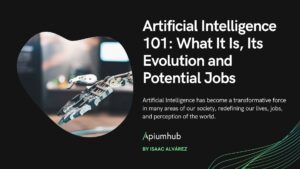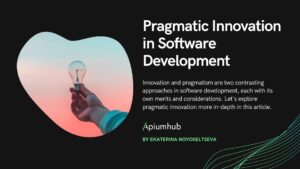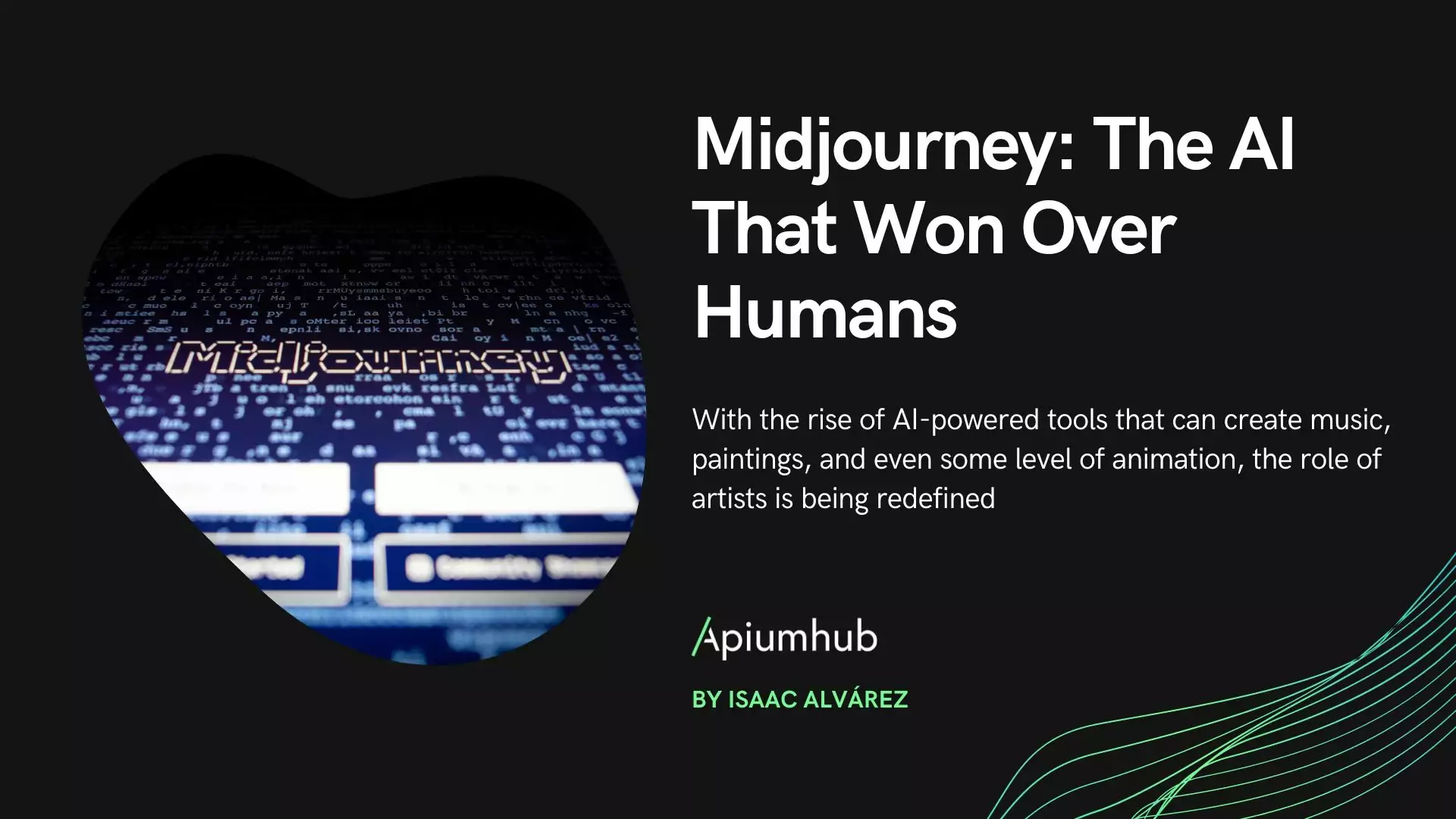Table of Contents
2017 is promising to be the year for smarter digital strategy. Marketers no longer see digital as a distinct marketing field and they are moving to digitally led business models. The online marketing industry is complex and it is changing all the time. Online marketing gives enormous opportunities and all marketers regardless industry they are working in should follow digital marketing trends to stay updated and be one step ahead of the competition!
Every year we see new technology, new apps, new wearables, new smartphones, new software, new SEO rules and new companies with new ideas and new user preferences dictate the changes that either get adopted or ignored by the businesses of the world and this is a point when you fail or you grow exponentially.
Today, marketing can’t be without technology, therefore companies open new positions like Chief Marketing Technologist, who is responsible for all tech trends that would lead to the higher performance and efficiency in marketing.
After attending numerous events this year like MWC, IOT, eshow, m-commerce, mobile shift etc and after analyzing reports of smartinsights and hubspot at Apiumhub we came to the conclusion that these are the trends of 2017.
8 DIGITAL MARKETING TRENDS
1. MARKETING AUTOMATION
As marketers today are spending at least 50 percent of their time on content, companies are coming up with more ways to automate marketing. Marketing automation now is worth $5.5 Billion and is leading the way in lead generation and prospect nurturing. Using a marketing automation platform makes it easier and faster to schedule emails, segment contacts, manage your content, and track the lifecycle of customers in your marketing funnel. This automation trend highlights the growth, which allows you to stay always updated and focused on the most relevant issues.
Marketing Automation became crucial nowadays as it saves time and leads to quality and better analysis of marketing activities. Now we don’t imagine our lives do some stuff manually, we always search tools to save our precious time. Now Marketing Directors spend more money on technology than CTOs of the company. It’s all about competition and time is a key element here.
2. BIG DATA
Big data includes market and customer insights and predictive analytics, 2016 is a year of big data, it is a strong competitive advantage and data may cost a lot of money. I am sure you know a lot of companies, who built their business models on data gathering, not earning even a cent, but because of the valuable data that they got, they sold their companies for millions and billions of euros. What is more, Big data enhances productivity and creates significant value by reducing waste and increasing the quality of products and services focusing on the Big Data is getting more popular each year because of the mobile shift and all companies want to do location-based marketing and send relevant messages according to the user’s preferences. Marketers need to gather and organize this massive volume of data; measure the time spent on the app/webpage, bounce rate, history of purchase, location, conversions etc. to understand customers, gain an insight about the competitors and analyze the results to implement a comprehensive plan, which can help companies to enhance their business growth strategies.
Big data unlocks significant value by making information transparent. Organisations create and store more transactional data in digital format, they collect more accurate and detailed performance information on everything from product inventories to sick days, it can substantially improve decision-making and minimise risks. For example according to McKinsey Global Institute some retailers embracing big data see the potential to increase their operating margins by 60 per cent.
Big Data is crucial to leverage data-driven strategies to innovate, compete, and capture value. It is a good start to develop the next generation products and services.
3. USER EXPERIENCE
Nowadays digital marketers work very closely with UX designers. The most forward-thinking and successful companies work on delivering an exceptional user experience throughout the whole brand experience process. More and more, companies bring UX teams in house regardless of their area of expertise, they see it as a fundamental element of their business success. UX experts are in demand now and companies hire them directly or use UX design consultancy services if they have short-term projects.
Now we leave in the “age of the customer” and companies use create centric design. UX design puts the customers needs and desires at the top of the organizations mind. It is all about users: who are the customers, what they do, how they feel, what they need, what are the goals, what are the stages, what are the customers touch points etc. And content is a critical factor in creating a great user experience. An amazing experience isn’t just about showing the right information, it’s about showing the right information at the right time and in the right place in an appealing way with eye-catching story. Today, users expect personalization, they want to see themselves in this story where they find their problem and possible solution to it, they are looking for an experience that is predictive and that is about them.
Providing an excellent experience was always an important factor of a success, but now more companies recognize the critical role UX plays in delivering products and services, driving company growth, increasing conversion rate, improving website/mobile app experiences, driving user satisfaction and advancing innovation.
In 2016, we will see a rapid growth in UX and PX – delivering Personalized Experience will be a hot topic, which will create big opportunities. User experience is not only a differentiator now, it is a necessity, a must and we believe that companies of all sizes will have at least one professional in charge of overseeing the user experience of its products and services.
4. MOBILE OPTIMIZATION
In 2015 according to Google, more than 50 percent of Google search queries worldwide were done using mobile phones. Google recently announced that its search algorithms had been modified to include app search results as well. Amit Singhal, the company’s senior vice president of search, announced in October that Google had indexed more than 100 billion deep links within apps. What is more, In April 2015, Google announced that mobile friendly, responsive websites will be better positioned in google search. If you don’t have money to develop a native app or your business model is oriented more on website, then start with responsive web design and you will notice an increase in traffic the first quarter!
Last year, mobile generated more traffic than desktop and laptop search, that means that customer journey now starts on mobile devices and you need to be there in order not to lose your potential client at the very beginning of the process. Business owners must consider needs of their mobile audience to generate leads and increase conversions. If your website still isn’t optimized for mobile, then you risk losing out to your competitors. For example, 45% of luxury purchases are influenced by what the consumer has discovered digitally, according to a report by WBR Digital.
Be sure you use responsive web design to provide the best user experience to your visitors regardless of the device they’re using.
5. MOBILE MARKETING
Mobile usage is keep growing and mobile marketing will continue to be one of key trends to follow in 2016.
Studies show that in 2015, 52% of online time was spent on mobile apps. This is not a surprise, as people tend to prefer using apps of their favourite brands over surfing mobile websites due to better functionality. Thousand of apps get created every day, making it more difficult than ever to stand out. It’s crucial to use in-app analytics as well to measure conversions, click through rates and app open rates to know user behavior and preferences in order to better personalize experience and send relevant promotions. These days augmented reality and push notifications help companies to get visitors back to the app and increase engagement. For example Privalia’s business model is built on mobile devices and push notifications and they are leaders in their industry.
Mobile marketing allows companies to collect and use data in a more actionable way and deliver personalized and timely messages to their customers when they are more receptive.
6. VOICE SEARCH
Voice search introduces huge changes in keyword research. For example, last year Google, along with Northstar Research, released a study of 1,400 Americans on their use of voice search. The results were razy : 55% of teens and 41% of adults surveyed used voice search. Siri, Now and Cortana are making the lives of users more convenient by letting them just say what they want instead of typing it, it gives people opportunity to multitask and save precious time. But this led to a new challenge and marketers now need to optimize their strategy for the voice search as well. For example, people use different search terms when speaking and typing. Voice searches lean toward long-tail keywords, so digital marketers should include these keywords to increase the chances of high ranking.
7. TECHNOLOGY IN HEALTH SECTOR
The rise of digital tools and technology use among consumers is having a major impact on healthy living. Consumers show more independence on digital platforms than ever before. People are searching for health related information and making decisions related to their own health without even going to the doctor. Now you can write your symptoms and you will find possible diseases and ways to cure them.
We as digital marketers should take advantage of that. First of all SEO and content. Give consumers the answers they are looking for. Then, with the rise of wearables, integrate this need for being healthy with wearable technology or apps. A lot of businesses have started already. Apple have partnered with Nike and have created an app called HealthKit. Users can now set goals and track their progress through a single dashboard. There is even an app called FitBark which allows you to track and monitor your dog’s sleeping patterns and eating routines.
Data will be generated from these technologies. Data you can use as a secret weapon to retarget consumers or to create even more cool ideas and drive demand that people didn’t even think off they may need it.
Also, because of the this crazy lifestyle that we have, we don’t have time even to eat like we are supposed to eat; with calm, have a small walk right after having a meal etc. Therefore now many people have obesity problems and with the rise of the trend “eat healthy” and check gluten free products etc we have a big % of people who would like to start taking care of what they eat and how they do it. Now people start developing apps, where you could actually scan your meal and know how many calories you will eat, recommendations etc, it is real and it is coming in 2016.
So, I think you shouldn’t miss this opportunity, capitalise on the merge between healthy living and mobile apps.
8. WEARABLES
We see a lot of companies working on launching new generation smart watches and big international companies develop app for them: Banks, insurance companies, fitness centers etc. Wearables will continue to gain more relevance in 2016. Internationally, consumer acceptance of wearables is expected to grow 35 percent per year between 2015 and 2019, which will have a large impact on digital marketing strategies.
Wearables can be used in many ways, for example to unlock hotel rooms without keys, regulate HVAC systems at home etc This new wave of technology allow marketers to promote their products and services to their target audience on a more personalized way by sending information on their devices in real-time even more than mobile as mobile devices can me in a silent mode in a backpack, but wearables are always on us and we can always feel if we receive a message.
What does this mean for digital marketers? More data on every move of your target. Wearables require online marketers to think about how to provide “on-the-go” information, as well as create content that is easily searchable via voice commands and 2016 will be about that.
I hope it helped you to get an idea of what is going on in the digital world now and where you should focus your attention during this year. If you are interested in UX Design, web and mobile app development, software architecture or new trends in technology in general, sign up for our monthly newsletters, clicking here.
Do you want to discuss the possibilities for your company ? Please contact us, we will be happy to discuss your project!
If you found this article interesting, you might like…
- Top business blogs to read
- Human-centered innovation
- Barcelona makes it to the top 5 of innovation hubs
- Top smart city projects to watch
- Blockchain technology: use cases, statistics, benefits, startups & events
- Barcelona; one of the best smart cities in Europe
- Disruptive innovation to track
- The era of unicorns
- Top 20 promising startups in Barcelona
- IOT projects that may change the world
Author
-
Ekaterina Novoseltseva is an experienced CMO and Board Director. Professor in prestigious Business Schools in Barcelona. Teaching about digital business design. Right now Ekaterina is a CMO at Apiumhub - software development hub based in Barcelona and organiser of Global Software Architecture Summit. Ekaterina is proud of having done software projects for companies like Tous, Inditex, Mango, Etnia, Adidas and many others. Ekaterina was taking active part in the Apiumhub office opening in Paseo de Gracia and in helping companies like Bitpanda open their tech hubs in Barcelona.
View all posts









